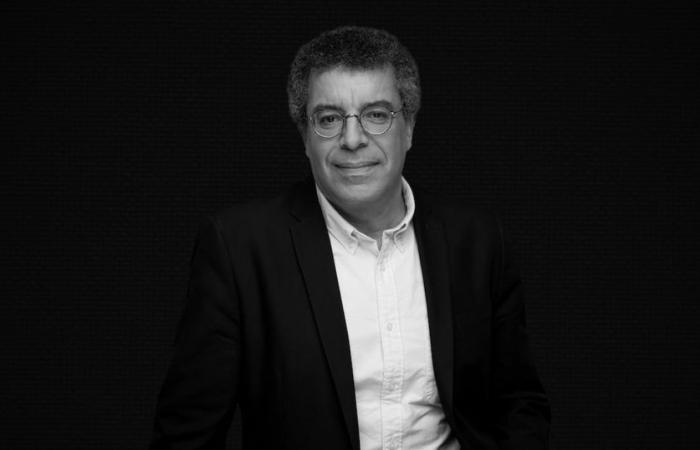
There is an apparent impression that the crisis between Paris and Algiers is losing its intensity. Impression reinforced by the visit to Algeria of the head of the French DGSE, Nicolas Lerner, and his meeting with his Algerian counterparts. A meeting whose effectiveness required an organized media leak of this visit to suggest that the two countries talk to each other outside of repeated diplomatic controversies.
This reception was in any case a signal sent by the Algiers regime to Paris on its desire to calm France’s punitive ardor in the wake of this unprecedented tension between France and the Algerian regime. There is no question of the head of French foreign intelligence traveling to Algeria without mentioning the most exciting affair between the two countries, that of the Franco-Algerian writer Boualem Sansal. Emmanuel Macron and his government have made it a national cause. The possibility of a real reduction in tension between the two countries largely depends on its resolution.
For President Abdelmadjid Tebboune, the Sansal affair resembles, to use an Arab metaphor, a knife stuck in his throat. He can neither swallow it, under penalty of causing international isolation, nor take it out, under penalty of causing internal bleeding.
In any case, the resumption of dialogue between French and Algerians through the intelligence services is not the result of chance. It comes after the explicit threat formulated in the clearest manner by the current Minister of Justice Gérald Darmanin, former holder of the Interior portfolio. The one which consists of imposing visas on diplomatic passports and mentioning between the lines the trail of ill-gotten Algerian property in France. A way to exert maximum pressure on the Algerian political-military nomenklatura and those close to it.
This crisis between Paris and Algiers was an opportunity to reveal real fractures in French society on the Algerian question. So acute that the political spectrum has become spectacularly divided on how to deal with it. The affair of Algerian activist influencers, accused of spreading words of hatred, violence and terrorism, has provoked semantic flights of rare violence. There is no shortage of examples that feed social networks abundantly. While Sarah Knafo, MEP of the Reconquest movement led by the ultra-rightist Éric Zemmour, perceives these individuals as “bombs on legs“. A way of underlining their structural dangerousness. Sarah Knafo puts it in context: “It is obviously necessary to expel delinquents, criminals and foreign S files. We have no reason to keep bombs on our soil».
“A part of the French left, in its extreme side, minority but active, cultivates an eternal utopia on a fantasized Algeria.”
-
To which Marine Tondelier, the boss of the French Greens, responded by commenting on the decision of Bruno Retailleau, Minister of the Interior, to expel one of the influencers, Doualem, that we should not treat people like “packages from La Redoute“. The quote from Marine Tondelier, in its entirety, is worth the detour: “When you have a national of a country, you want to send him back to his country, this is done with the agreement of the country. People are not La Redoute packages. You can’t say: here, I’ll send it, return to sender.»
The two formulas, each more divisive than the other, reflect the fractures in French society on the Algerian question. On the one hand, a perception of imminent danger, embodying a torrent of negative clichés, with shortcuts and formulas to provoke an electric current. On the other, a form of absolute denial, of autism assumed through a selective vision with tight blinders. The right (classic and extreme) want a discourse of truth and realism on Algeria and its authoritarian regime. While a part of the left, in its extreme side, minority but active, cultivates an eternal utopia on a fantasized Algeria.
It is therefore no coincidence that, in its response to this crisis between Algiers and Paris, the Algerian regime voluntarily wanted to confine its issues to the whims of an extreme right prisoner of its aborted dreams of an eternally French Algeria. This makes it possible to invoke the horrors of the past, to mobilize on colonial hatred and not to confront the own failures of independent Algerian governance.
A part of the left, notably from La France insoumise, has given itself the mission of defending the Algiers regime and finding excuses for it in its standoff with the French authorities. Worse, she has started a pro-Algerian advocacy which is intended above all to settle political scores internally with her right-wing opponent. On the left, this Franco-Algerian crisis revealed the French relays of the Algiers regime in Paris. A far-left niche ready to sell all the chimeras, to swallow all the snakes to excuse the aggressive behavior of the Algerian authorities.




